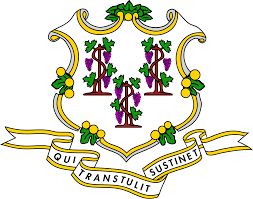About PURA
The Public Utilities Regulatory Authority (PURA) is statutorily-charged with ensuring that Connecticut's investor-owned utilities, including the state’s electric, natural gas, water, and telecommunications companies, provide safe, clean, reliable, and affordable utility service and infrastructure. PURA’s mission is essential to advancing the state’s energy, economic, and environmental goals and is critical to maintaining public health and safety as well as a robust economy.
PURA is a quasi-judicial agency that interprets and applies the statutes and regulations governing all aspects of Connecticut’s utility sector. Among other things, PURA sets the rates charged by investor-owned utilities, advances the modernization of the electric distribution system, regulates the retail electric supplier market, implements federal requirements for natural gas pipeline safety, ensures adequate water system infrastructure investments, reviews mergers and acquisitions, provides education and outreach for consumers, and regulates the expansion of telecommunications infrastructure.

Organization Structure - Offices
PURA is organized within the following divisions:
- Office of the Commissioners
- Chairman Marissa Paslick Gillett
- Vice Chairman John W. Betkoski III
- Commissioner Michael Caron
- Office of Technical & Regulatory Analysis
- Office of Education, Outreach & Enforcement
- Office of Federal Regional & Wholesale Affairs
- Office of Legislative & Governmental Affairs
History
PURA has regulated several essential industries and services in Connecticut since it was founded as the Board of Railroad Commissioners in 1853.
By the 20th century, the increasing numbers of electric, gas, water, telegraph, and telephone companies brought the need for increased regulation and an agency with an expanded scope. In 1911, the agency became the new Public Utilities Commission, and 100 years later the agency became the Public Utilities Regulatory Authority.
Learn more about how PURA has evolved.

